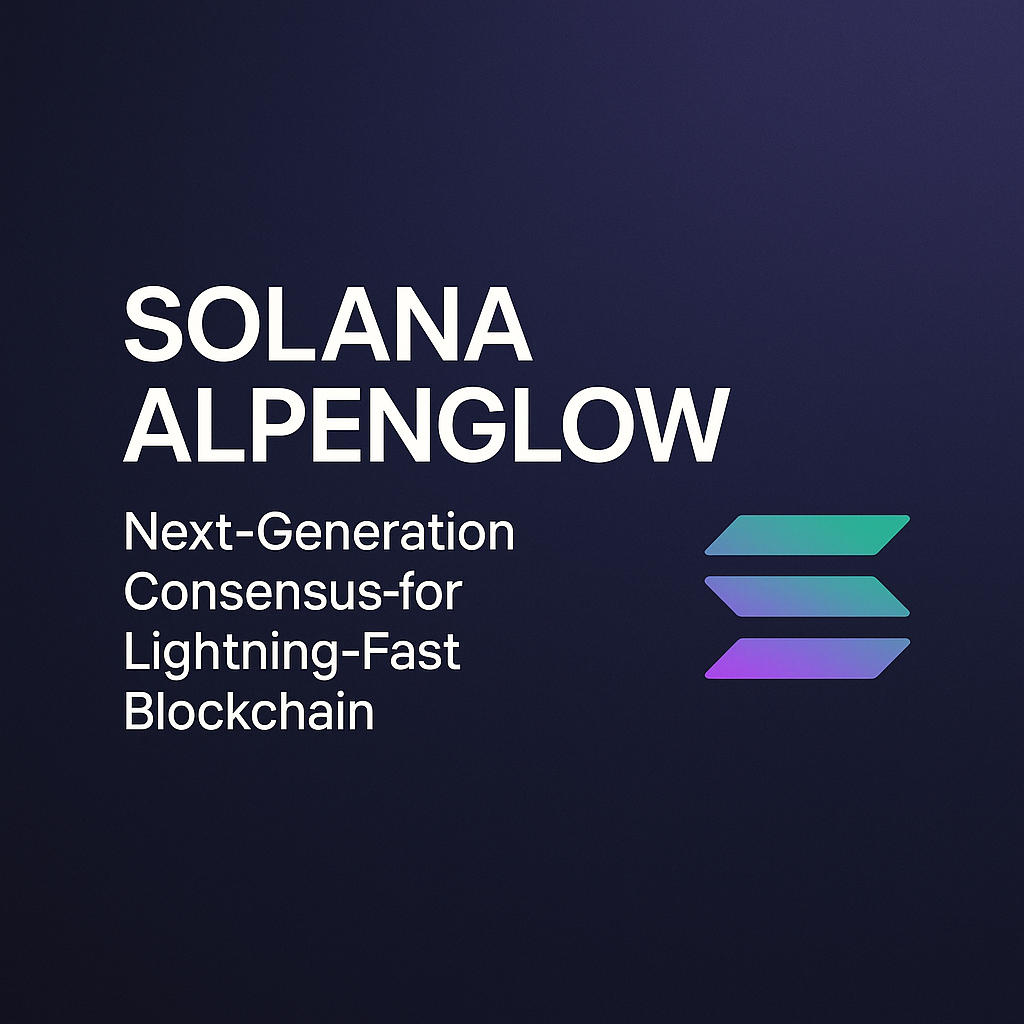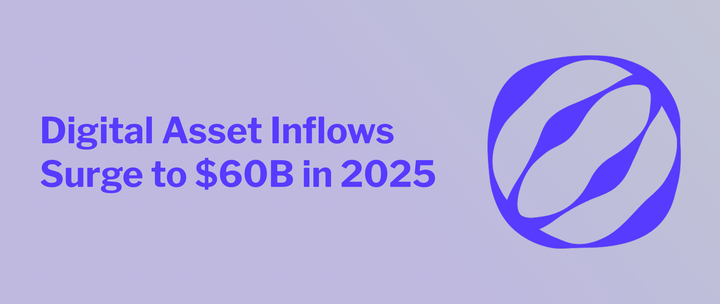What Is Solana Alpenglow?

Solana Alpenglow is an innovative consensus protocol upgrade designed to significantly boost the speed and efficiency of the Solana blockchain. By drastically reducing the time it takes to finalize transactions, Alpenglow aims to position Solana as a leader in enabling real-time decentralized applications.
What Exactly Is Alpenglow?
Alpenglow is a new consensus mechanism developed to replace Solana’s existing system, which relies on Proof of History (PoH) and Tower Byzantine Fault Tolerance (BFT). The key goal of this upgrade is to shrink the average transaction finality from around 12.8 seconds down to just 100 to 150 milliseconds. This leap represents about a hundredfold improvement in speed.
The project is driven by Anza, a Solana Labs spin-off, with the intention of making Solana’s blockchain as quick and responsive as modern internet applications—without compromising on security or decentralization.
Core Components of the Protocol
Alpenglow introduces two fundamental parts that work together to achieve fast, reliable consensus:
Votor: Fast and Flexible Voting
Votor is a revamped voting system that coordinates how validators approve blocks. It supports either a single-round or two-round voting process:
- Single-round voting: When a large majority quickly agrees, the block is finalized immediately.
- Two-round voting: If consensus isn’t reached in the first round, a second round is triggered to finalize the block, ensuring security while maintaining speed.
This dual approach balances rapid confirmation with fault tolerance.
Rotor: Efficient Data Transmission
Rotor replaces Solana’s previous Turbine protocol for sharing block data between validators. It optimizes how information is routed and propagated, reducing delays by handling network congestion and validator availability more effectively. Techniques like multi-path routing help ensure blocks move swiftly, even if some nodes are slow or unresponsive.
Why Did Solana Need Alpenglow?
Although Solana has been known for its fast transactions, its earlier consensus approach still involved delays that limited the feasibility of certain real-time applications.
For sectors like high-frequency trading, multiplayer gaming, or instant payment systems, even a few seconds of latency can be a major issue. Alpenglow’s goal is to eliminate this bottleneck by cutting finality times down to milliseconds, enabling developers to create blockchain apps that feel as fast and seamless as traditional web apps.
Advantages of Alpenglow
- Near-instant finality: Transactions confirm in 100-150 milliseconds.
- Improved user experience: Fast confirmation makes apps feel responsive.
- Expanded use cases: Supports applications like live auctions, blockchain games, and real-time payments.
- Resilience: Incorporates a “20+20 fault tolerance” mechanism that keeps the network stable even if many validators are offline or acting maliciously.
- Ecosystem growth: Boosts decentralization and efficiency for developers and validators alike.
New Possibilities Unlocked by Alpenglow
By enabling rapid finality and data propagation, Alpenglow opens the door to many exciting applications that demand real-time responses:
- High-frequency trading bots: Where milliseconds can mean millions.
- On-chain multiplayer games: Allowing smooth, lag-free interactions.
- Instant payment platforms: Enabling streaming or micropayments with immediate settlement.
- Live social and collaborative apps: Real-time on-chain data updates.
- AR, VR, and IoT integrations: Low latency for immersive, interactive experiences.
What Alpenglow Means for Developers and Validators
For developers, Alpenglow paves the way to build fast, scalable decentralized applications that were previously difficult to implement on blockchain due to latency issues.
Validators will benefit from a more stable network and a consensus protocol designed to handle faults and malicious actors more effectively.
Developers and aspiring blockchain professionals should consider gaining knowledge and certifications in blockchain consensus, transaction optimization, and Web3 development to take full advantage of what Alpenglow offers.
Conclusion
Solana Alpenglow is set to redefine the performance standards of the Solana blockchain by delivering unprecedented speed and stability. With near-instant finality and robust fault tolerance, it empowers developers to build real-time decentralized apps that rival traditional internet services—all while preserving the decentralized ethos of blockchain technology.
This upgrade marks a crucial step in the evolution of Solana and opens exciting opportunities for users and creators in the rapidly expanding world of decentralized applications.



Comments ()